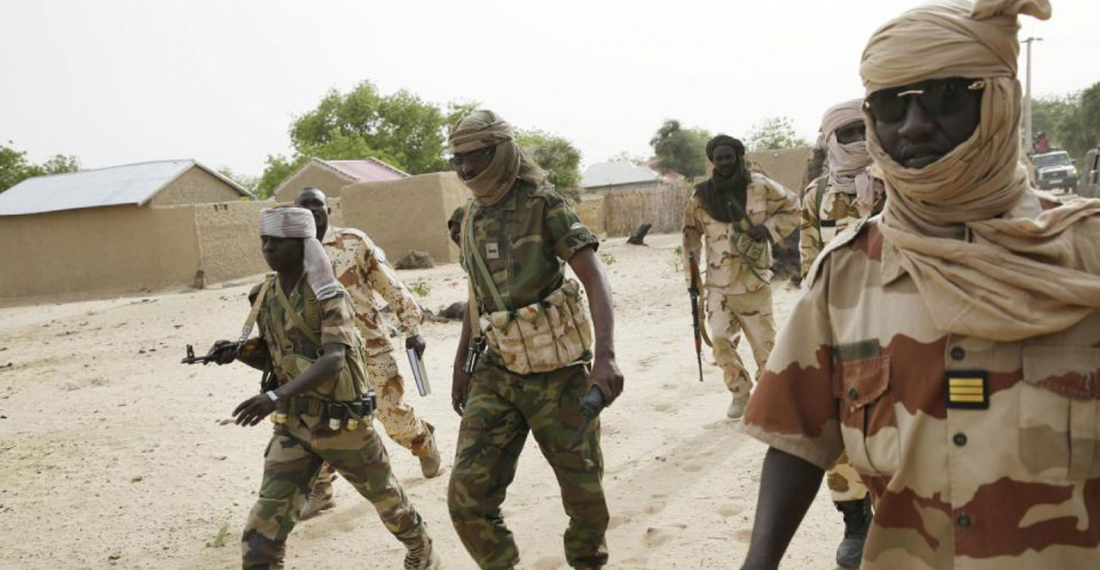It has been an ugly weekend in the troubled Sahel Region with separate incidents involving Islamist fighters resulting in dozens of deaths, including five French soldiers.
In Niger, more than a hundred people are now known to have been killed on Saturday in attacks by suspected jihadists on two villages. 70 people were killed in the village of Tchombangou and 30 others in Zaroumdareye - both near Niger's border with Mali. Many others were left wounded.
It was one of the deadliest days in living memory, as Niger grapples with ethnic violence and Islamic militancy. No group has said it carried out the attacks.
According to local mayor Almou Hassane, those responsible travelled on "about 100 motorcycles," AFP news agency reports.
They split into two groups and carried out the attacks simultaneously.
Former minister Issoufou Issaka told AFP that jihadists launched the assaults after villagers killed two of their group members, though this hasn't been officially confirmed.
Niger's Tillabéri region lies within the so-called tri-border area between Niger, Mali and Burkina Faso, which has been plagued by jihadist attacks for many years.
Areas of Niger are also facing repeated attacks by jihadists from neighbouring Nigeria, where the government is fighting an insurgency by Boko Haram.
As part of efforts to quell the violence, France has been leading a coalition of West African and European allies against Islamist militants in the Sahel.
Two French soldiers died in Mali on Saturday when their armoured vehicle was hit by an improvised explosive device. The two were in the eastern region of Menaka collecting intelligence, the French presidency has said. It comes days after three other French soldiers died in a similar way.
France has 5,100 troops in the Sahel region which has been a front line in the war against Islamist militancy for almost a decade. These latest deaths brought to 50 the number of French soldiers killed in Mali since 2013, AFP News agency quotes army staff as saying.
The latest attacks in Tillabéri also come amid national elections in Niger, as President Mahamadou Issoufou steps down after two five-year terms.
Election officials announced provisional results on Saturday, showing a lead for Mohamed Bazoum - a former minister and a member of Niger's ruling party.
A second round of votes is expected to be held on 21 February, once ballots have been validated by the country's constitutional court.
source: commonspace.eu with BBC (London), AFP (Paris) and agencies
photo: Niger's Army is locked in a battle against Islamist groups (archive picture)







